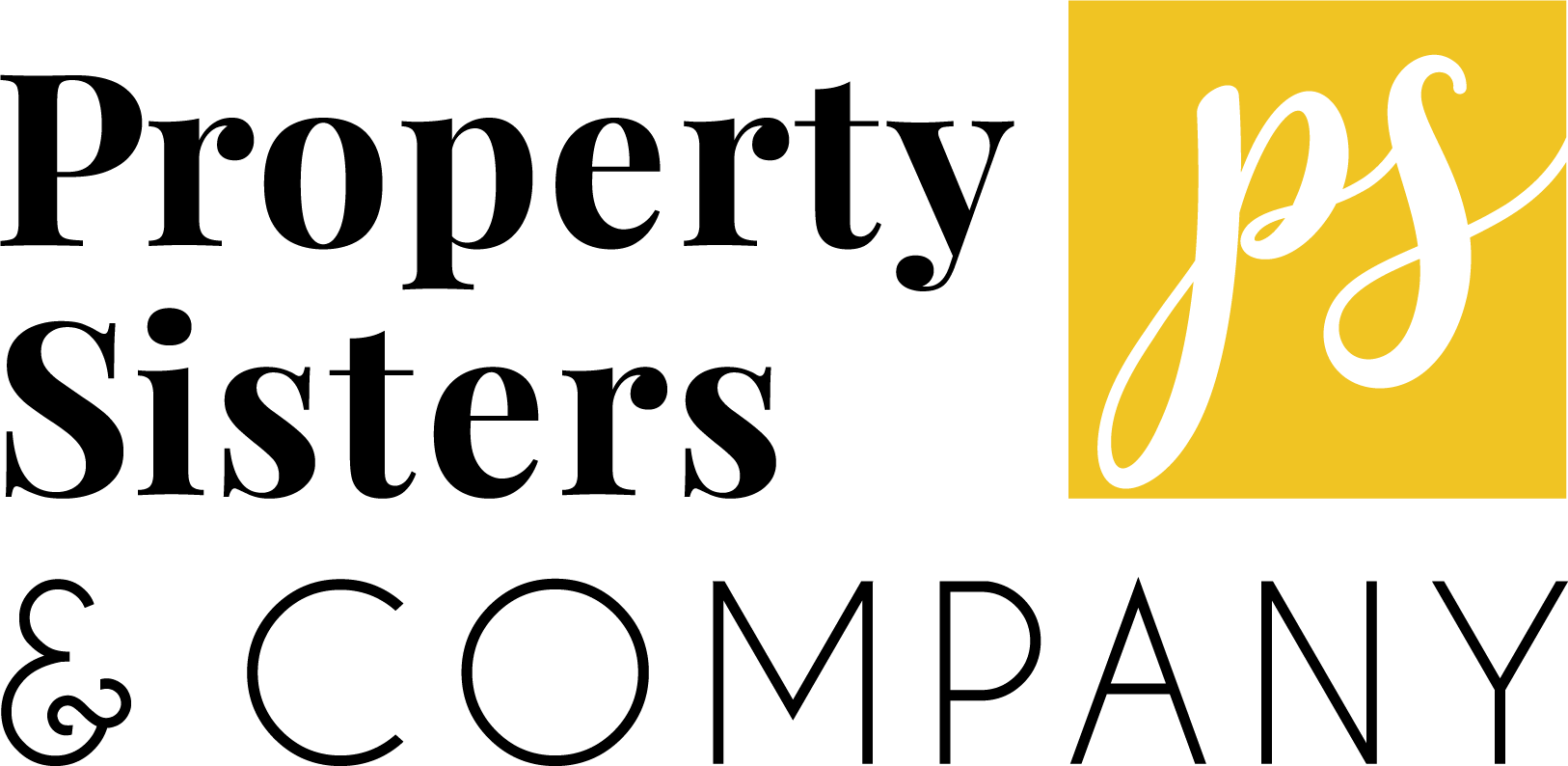Are Real Estate Agents in Demand in Calgary? Careers & Market Trends
Introduction: The Calgary Real Estate Agent Landscape
With Calgary's dynamic housing market making headlines throughout 2025, many aspiring professionals wonder: is now a good time to become a real estate agent in Calgary? The answer is more nuanced than a simple yes or no, requiring an honest look at market conditions, competition levels, and income realities.
This guide examines current demand for real estate agents in Calgary, career prospects, and what market trends mean for both established agents and those considering entering the profession.
1. Price it aggressively.
Homes that get multiple offers are often sold in an "auction" atmosphere. If you think back to the last auction you saw on TV or participated in online, you'll remember this basic element of Auctions 101: the starting price is lower – sometimes quite a bit lower – than the final sale price.
In fact, it's the low list or starting price that gets people excited about the possibility of scoring a great value, whether they're bidding on an antique Chinese pug figurine on eBay or on your home. And when it comes to your home, it's that same, low-price-seeking excitement that will cause many more buyers to show up and view your home than would have come at a higher price point.
In real estate, more showings are an inescapable prerequisite to more offers.
This doesn't mean you have to give away the farm, just that sellers who get multiple offers price their properties from a retailer's or auctioneer's perspective. Work with your agent through the comparable sales data – as recent and as comparable as possible – and then do your best to list your home as a slight discount, not at a slight premium, compared to the recent neighborhood sales. That will get buyers' attention.
The Numbers: How Many Agents Are in Calgary?
The Calgary Real Estate Board (CREB) is a professional association of over 8,600 licensed REALTORS across the Calgary region, making it one of the largest real estate boards in Canada. This represents significant growth from previous years—CREB reported 7,057 members at the end of February in a prior period, with substantial growth each year since 2018, when membership stood at 5,540.
This growth trajectory tells an important story: Calgary has seen a massive influx of real estate professionals, with membership growing by over 55% since 2018. More agents entering the market doesn't necessarily indicate unlimited opportunity—it often signals increased competition for transactions.
Current Market Conditions: What Agents Face in 2025
Sales Activity and Transaction Volume
The Calgary housing market expects to see number of sales slower than they were in 2024, but still relatively higher than long-term trends. This creates a challenging environment: while transaction volume remains healthy by historical standards, it's declining from recent peaks.
For agents, fewer total transactions mean intensified competition for listings and buyers. With 3,782 new listings entering the market against only 1,720 sales in September, the sales-to-new-listings ratio dropped to 45%—the lowest level since 2018. This buyer-favorable market shifts negotiating dynamics and extends sales cycles, requiring agents to work harder for each closed deal.
Income Reality Check
The real estate profession can be highly lucrative. Some real estate agents earn in the high six figures on the top end, and some make a living in the low- to mid-five figures. This wide income distribution reveals an important truth: real estate success varies dramatically based on experience, skills, market knowledge, and work ethic.
The top 20% of agents typically close 80% of transactions, leaving the majority competing for remaining deals. In a market with 8,600+ agents and projected 26,000+ annual sales, the average agent closes approximately three transactions annually—barely enough to sustain a full-time career when accounting for split commissions and business expenses.
Demand Drivers: What Creates Opportunity
Population Growth
Calgary reached 1.49 million in 2024 and is projected to grow to 1.52 million by April 2025, a 2.1% increase from the previous year. This growth is being driven largely by net migration—the movement of people within Canada.
Population growth creates real estate transactions as new residents need housing. However, this growth has slowed from previous years, tempering the explosive demand that benefited agents in 2022-2024.
Market Complexity Increases Agent Value
As markets become more nuanced—with price variations by property type, location, and condition— professional guidance becomes increasingly valuable. Buyers and sellers navigating price adjustments, inventory choices, and negotiation complexities often seek experienced agent representation.
The current balanced market conditions actually favor knowledgeable agents who can provide genuine value through market expertise, negotiation skills, and transaction management. Agents who excel during challenging conditions often build loyal client bases that sustain long-term careers.
Future Growth Projections
The Calgary Real Estate Board said in its forecast that demand will remain strong in the city in 2025, with sales set to come in at over 26,000. While this represents stable activity, it's distributed among an ever-growing agent population.
Career Prospects: Who Succeeds as Calgary Real Estate Agents?
The Reality of Starting Out
New agents face significant challenges:
High failure rate: Industry estimates suggest 80-90% of new agents leave the profession within five years. The commission-only income structure, upfront costs, and steep learning curve prove overwhelming for many.
No guaranteed income: Unlike salaried positions, agents earn nothing until closing transactions. New agents may go months without income while building client bases and learning the business.
Significant startup costs: Licensing, board membership, MLS access, marketing materials, signage, professional photos, continuing education, and business expenses can easily exceed $10,000-15,000 in the first year before earning any income.
Intense competition: Competing against 8,600+ established agents with existing client relationships, market knowledge, and proven track records creates formidable barriers to entry.
Success Profiles
Agents who thrive typically share certain characteristics:
Financial resilience: The ability to sustain 6-12 months without income while building a business proves essential. Many successful agents transition while maintaining other income sources or have substantial savings.
Strong networking abilities: Real estate success heavily depends on relationships. Agents who naturally build connections, maintain contact, and generate referrals outperform those relying solely on online leads or brokerage-provided opportunities.
Market knowledge obsession: Top producers immerse themselves in market data, neighborhood trends, pricing dynamics, and regulatory changes. Deep expertise enables them to provide genuine value that justifies their commission.
Entrepreneurial mindset: Successful agents treat their practice as a business, investing in marketing, technology, skills development, and systems. Those expecting the brokerage to provide everything often struggle.
Resilience and patience: Rejection, deal failures, difficult clients, and market downturns are inevitable. Agents who persist through challenges and maintain long-term perspectives build sustainable careers.
Market Trends Affecting Agent Demand
Technology and Automation
Online platforms, virtual tours, digital document management, and AI tools are changing how real estate transactions occur. While technology enhances efficiency, it also reduces certain transaction friction points that previously required agent intervention.
However, technology complements rather than replaces skilled agents. Complex negotiations, market interpretation, emotional support, and transaction problem-solving still benefit from human expertise.
Commission Pressure
Increased competition and buyer/seller access to market information create downward pressure on commission rates. Discount brokerages and flat-fee services appeal to cost-conscious clients, forcing traditional agents to justify their value proposition more explicitly.
Market Normalization
After years of extreme seller's market conditions where nearly any listing strategy succeeded, the current balanced market rewards skill and expertise. This benefits established, knowledgeable agents while challenging those who thrived primarily due to market momentum.
Specialization Opportunities
Agents who develop specializations—luxury homes, investment properties, first-time buyers, specific neighborhoods, particular property types—often find sustainable niches with less direct competition and higher per-transaction value.
Should You Become a Calgary Real Estate Agent?
✅ Green Lights (Favorable Indicators)
Consider pursuing real estate if you:
- Have 6-12 months of financial reserves
- Possess strong networking and relationship-building skills
- Can handle income uncertainty and irregular cash flow
- Have sales experience or entrepreneurial background
- Are genuinely passionate about real estate and helping clients
- Can commit to intensive market learning
- Have a unique value proposition or target niche
🚩Red Flags (Warning Signs)
Reconsider if you:
- Need immediate, consistent income
- Lack financial reserves for startup period
- Dislike networking or relationship building
- Prefer structured, predictable work environments
- View real estate as "easy money"
- Aren't willing to work evenings and weekends
- Can't handle rejection or deal failures emotionally
Alternative Paths in Real Estate
If becoming a traditional agent seems risky, consider related opportunities:
Real estate administrative roles: Brokerages need transaction coordinators, marketing specialists, and office managers—salaried positions supporting agent teams.
Property management: Managing rental properties for investors provides steady income with growth potential.
Real estate photography/staging: Support services for agents offer entrepreneurial opportunities with lower risk.
Mortgage brokering: Related field requiring similar skills but different licensing and business model.
Real estate investing: Build wealth through property ownership rather than facilitating others' transactions.
The Bottom Line
Are real estate agents in demand in Calgary? The truthful answer is: moderately, but with intense competition.
Calgary's growing population, sustained transaction volumes over 26,000 annually, and complex market conditions create genuine need for skilled real estate professionals. However, with 8,600+ licensed agents competing for these opportunities, success requires more than simply obtaining a license.
The market rewards exceptional agents who provide genuine value through expertise, service, and results. It ruthlessly weeds out those viewing real estate as passive income or expecting easy commissions without corresponding effort.
For aspiring agents with financial resilience, strong interpersonal skills, entrepreneurial drive, and realistic expectations, Calgary real estate offers meaningful career opportunities. For those without these attributes or resources to weather the startup period, the high failure rates and intense competition suggest exploring alternatives.
The demand exists—but so does substantial supply. Success depends less on whether agents are "in demand" and more on whether you can differentiate yourself, provide exceptional value, and persist through inevitable challenges to build a sustainable practice in one of Canada's most competitive real estate markets.
Selling Your Home?
Get your home's value - our custom reports include accurate and up to date information.




